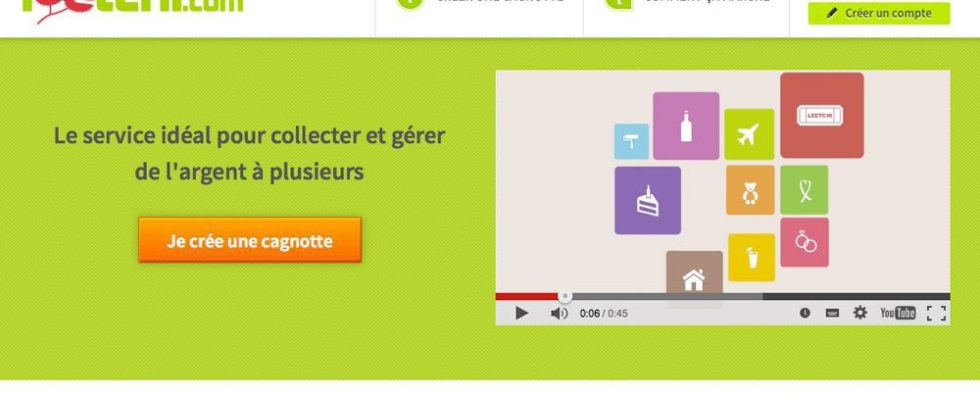Still no news of little Emile, this 2 and a half year old child who disappeared seven days ago in a hamlet in the Alpes-de-Haute-Provence. On the sidelines of the case, which moved many across France, online pots were opened. They bear the first name of the little boy or the name of his family. A false outpouring of solidarity since it is actually scams, for a large majority. “Emile’s family found that pots had been opened in the name of their child or in the name of the family […] and she would like to clarify that she is not at the origin of it”, explained Friday July 14 the public prosecutor of Digne-les-Bains Rémy Avon, threatening to open an investigation for fraud if those- These were not closed. The scam is punishable by a five-year prison sentence, he said. It would not be the first time that scams of this type have appeared around online kitties. In the crisis linked to the Covid-19 epidemic, many donations were actually fake. Here are some tips for recognizing such a scam.
Check the approvals of the online platform
Faced with the proliferation of these scams in recent years, the Prudential Control and Resolution Authority (ACPR), which supervises banks and insurance companies, as well as the General Directorate for Competition, Consumer Affairs and Fraud Prevention (DGCCRF ) have asked funding platforms offering online pots to be more vigilant and to multiply checks to avoid calls for fraudulent donations. But that is not enough in some cases.
Thus, the two entities strongly recommend that people wishing to contribute to an online fundraiser systematically check that the platform on which the fundraiser is organized has the necessary approvals. To do this, it is necessary to go to the site of theORIAS (Organization for the single register of intermediaries in insurance, banking and finance) and ensure that the site does not appear on the blacklist of the Financial Markets Authority. It is also essential to check that participation in the financing of the project is offered from the website of a dedicated platform, regularly authorized to carry out its activity, and on which you have registered beforehand.
Distrust of canvassers
The institutions also indicate that it is better to favor donation platforms already known to the donor. Distrust also of canvassers. “If you have been canvassed by operators inviting you to proceed directly by means of a transfer to a bank account to finance a project, this is undoubtedly a fraudulent practice”, alerts the scam prevention guide.
Finally, to have sufficient guarantees before making a donation, make sure you have sufficient information about the project and the project leader. A standard contract should be made available, together with the address and telephone number of the complaints department. In case of doubt or in the absence of precise information, prevention institutions indicate that it is better not to make any donation. If in doubt about an online kitty, you can notify the DGCCRF or the ACPR. And if you have made a donation on a fraudulent site, you can file a complaint with the police, the gendarmerie, or the public prosecutor. Fraud is punishable by up to five years in prison.
